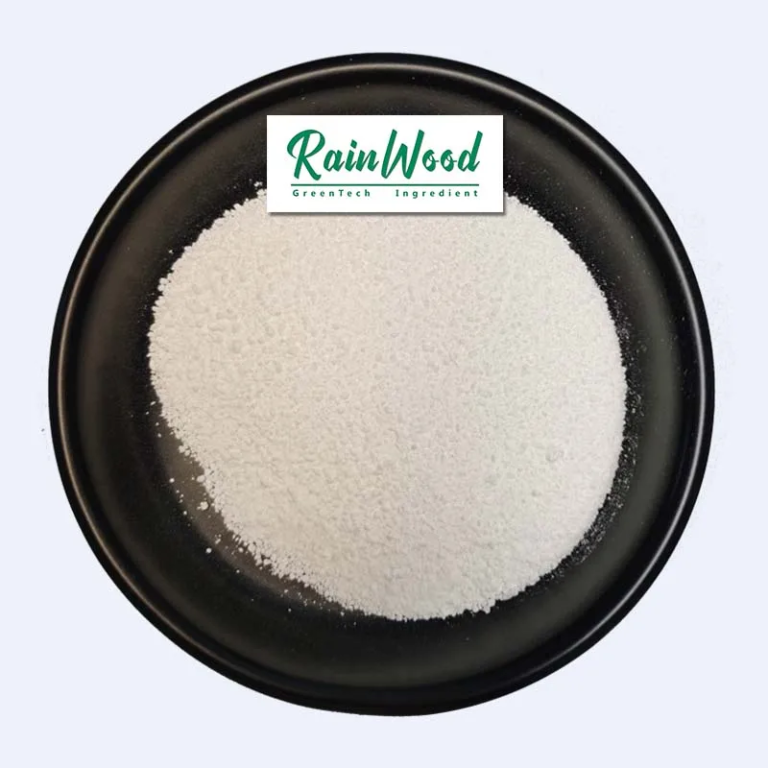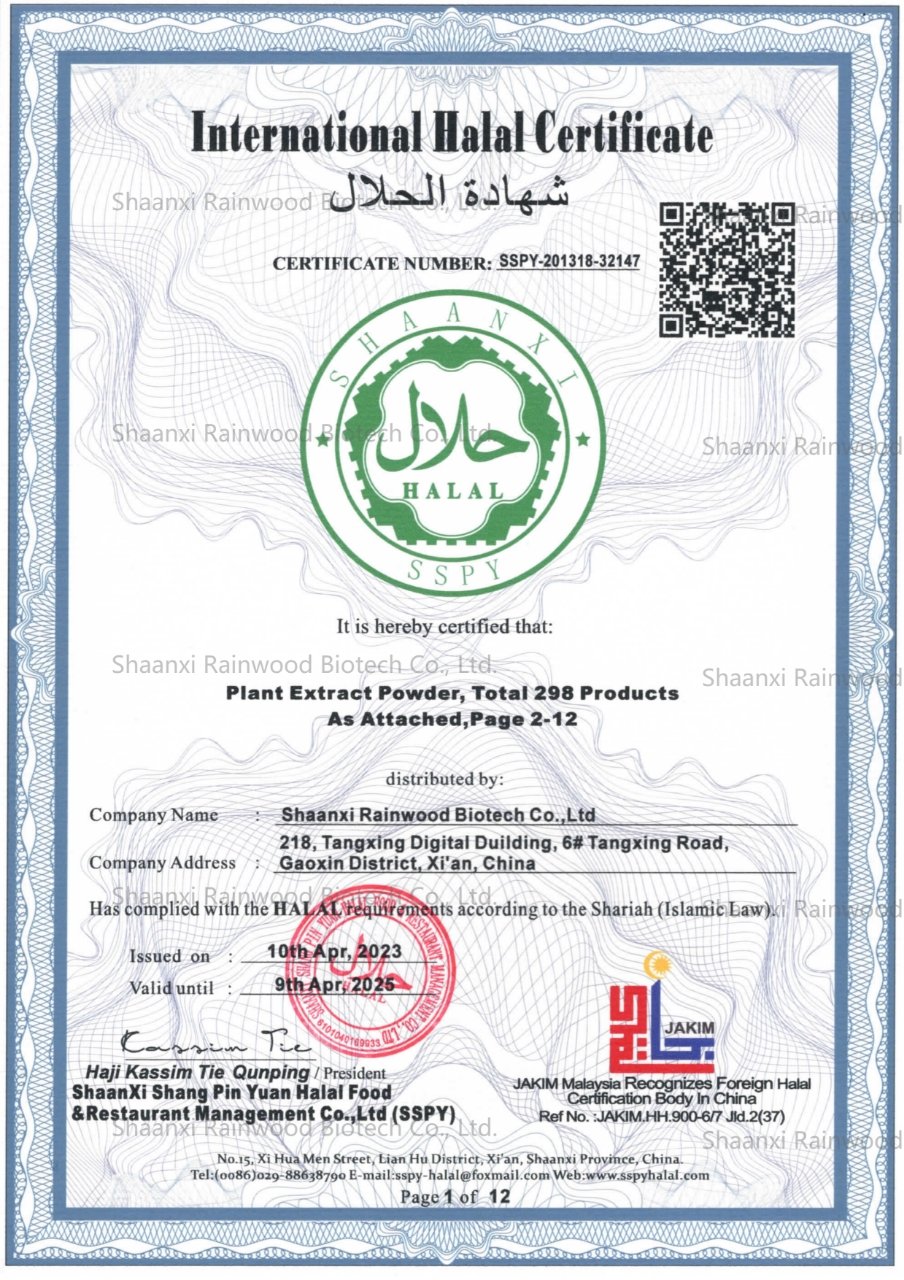
L-isoleucine
L-isoleucine is an amino acid belonging to branched chain amino acids (BCAA). It is a component of proteins and one of the essential amino acids for the human body. It cannot be synthesized by the human body itself and needs to be consumed through food. The structure of L-isoleucine contains an isomer of leucine, hence it is called isoleucine.
L-isoleucine has multiple important physiological functions in the human body. It participates in protein synthesis and repair, maintaining the normal function of body tissues. In addition, L-isoleucine can also be converted into pyruvate, participating in energy production. It can also promote insulin secretion and help regulate blood sugar levels. L-isoleucine also plays an important role in regulating the function of the immune system, muscle repair and growth, and neurotransmitters.
L-isoleucine is widely present in many foods, especially protein rich foods such as meat, fish, dairy products, beans, and nuts. In addition, it can also be used as a dietary supplement to supplement. However, for normal individuals, it is common to consume sufficient L-isoleucine through a balanced diet.














